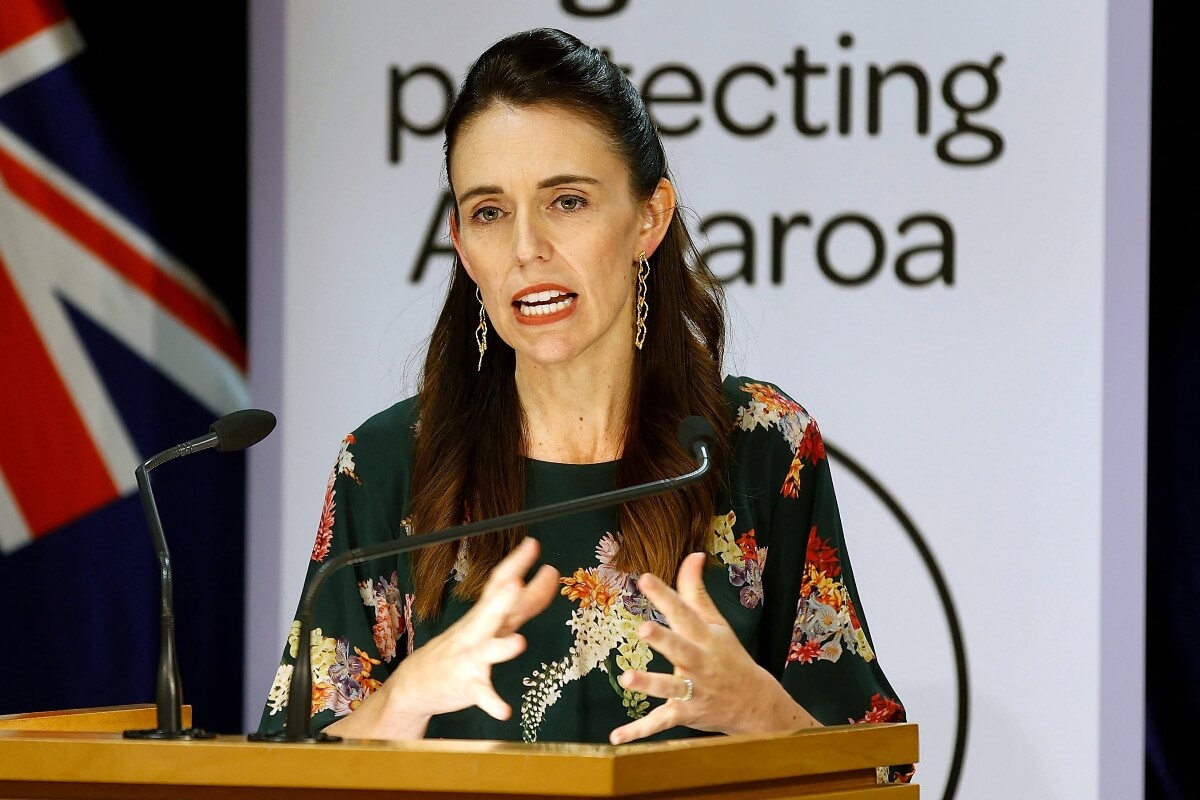
Australia and New Zealand’s appeal as a study abroad destination is slipping while countries including the US, Canada and the UK are among those gaining traction, said a survey. The Navitas Agent Perception Research found that agents lack confidence about the ability of international students to travel in 2021 and “have all but written off Australia and New Zealand.”
The Navitas Agent Perception Research captures the opinions of agents on the impact of COVID-19 on international education. Its third installment of the research in March 2021 is the most comprehensive to date, recording the views and opinions of nearly 900 agents in 73 countries around the world.
While Australia and New Zealand continue to be perceived as “safe and stable” due to their elimination strategies and low COVID-19 cases, the survey said this perception is increasingly irrelevant to a country’s reputation as a study abroad destination. Around 30% of agents viewed Australia and New Zealand as being “open and welcoming” to international students. Conversely, the figure is 51%, 74% and 76% for the US, UK and Canada respectively.
Hard borders, little appeal as a study abroad destination

Australia and New Zealand’s appeal as a study abroad destination is waning. Source: Marty Melville/AFP
Australia and New Zealand continue to maintain a hard stance against international arrivals, and agents see little prospect for travel to Australia and New Zealand in 2021, and are reticent about prospects for early 2022. “In a recent address by the Australian Minister for Education, it was made clear that with the COVID-19 vaccine being rolled out, the Australian government is ‘increasingly hopeful that student arrivals in larger numbers will occur by Semester 1 of next year,’” it said.
The New Zealand Education Minister said, “The reality is it’s just not possible to do that without significantly increasing the risk.” Like his Australian counterpart, his message for the sector is “2022’s looking better than 2021.”
In response to the question, “Do you expect students to be able to travel to the following destination countries in the second half of 2021?” respondents are pessimistic. Just 4% consider it almost certain that travel to either Australia or New Zealand will be possible in the second half of 2021. Conversely, ten times as many agents would consider it almost certain that students would be able to travel to Canada (39%) or the UK (45%). As for the first half of 2022, 28% of agents believe travel to either Australia or New Zealand will be “almost certain” – much more prospective than 2021, but much less likely than the UK (64%) or Canada (59%).
In response to the question whether there has been more interest in a particular country as a study abroad destination in the past two months, Australia or New Zealand appeared to be “the clear laggards.” “Not only is the level of interest being reported lower than other study destinations, but these are the only two countries that have shown a decline on this indicator since the September survey,” said the report.
Many industries are looking forward to a strong recovery in 2021, especially with COVID-19 vaccines rolling out. This includes international education, said the report. Australia and New Zealand, however, are excluded. “At this stage, it looks likely that whatever rebound in global student flows might eventuate in the coming months, Australia and New Zealand will be spectators and not beneficiaries.”










